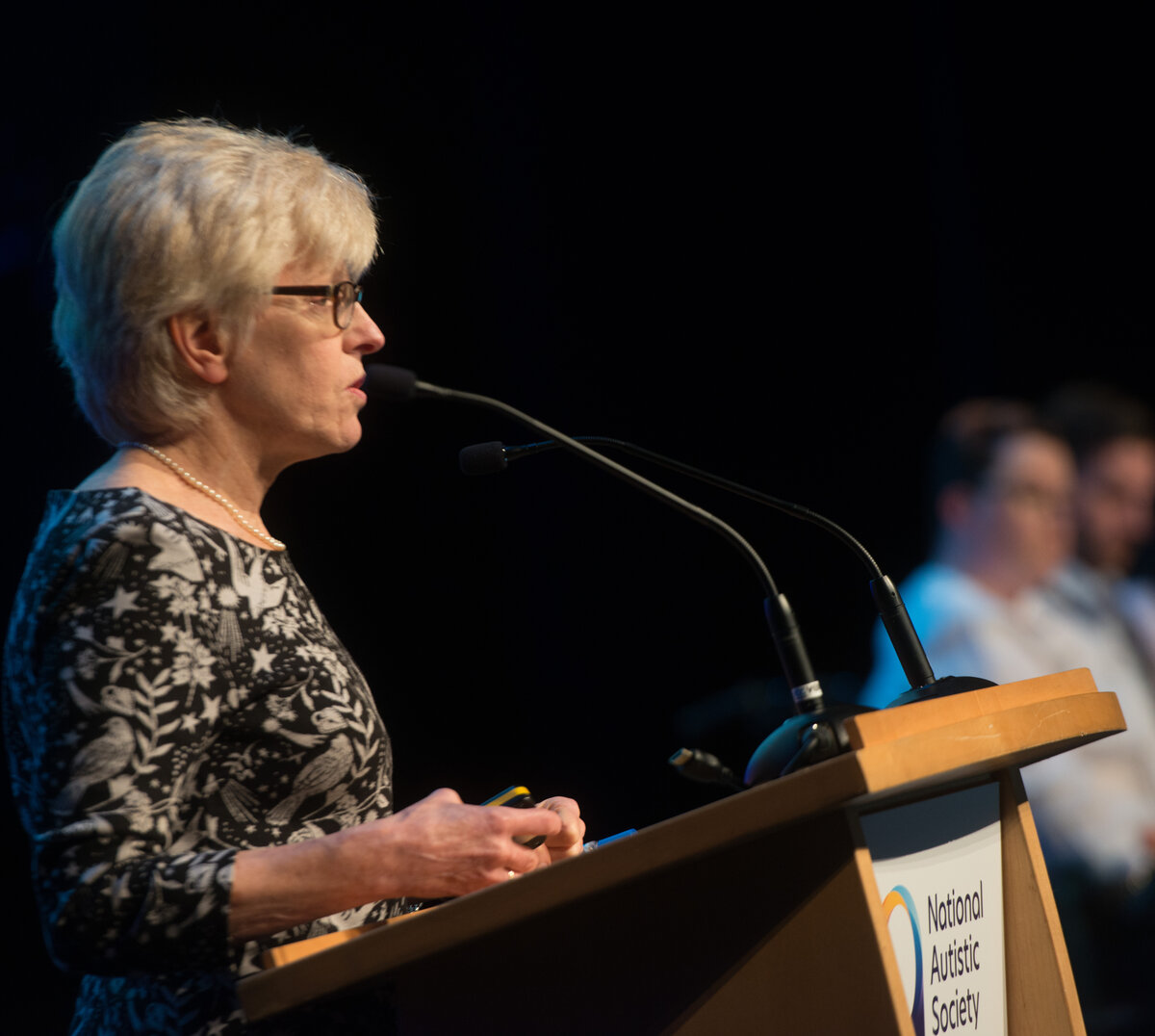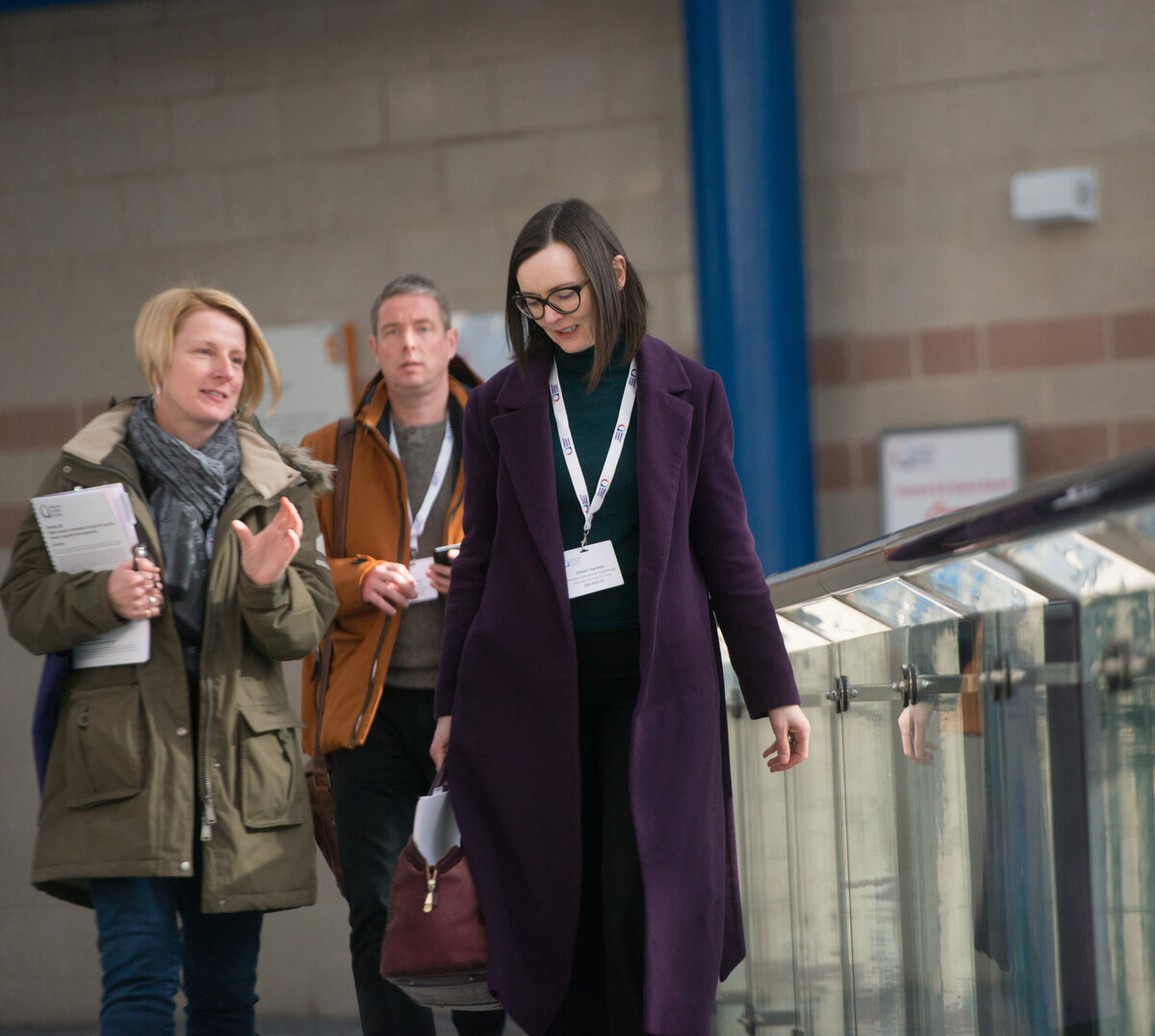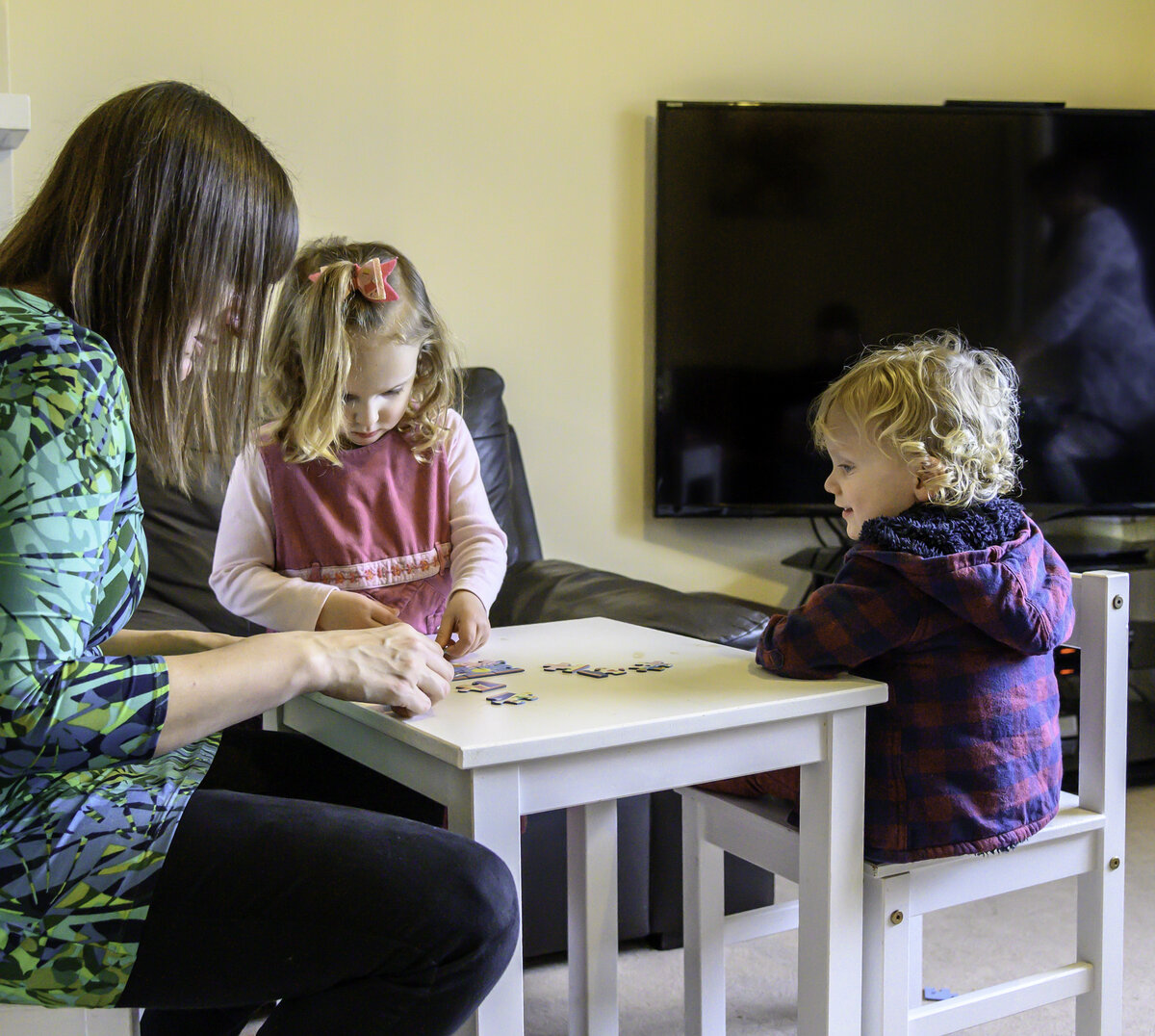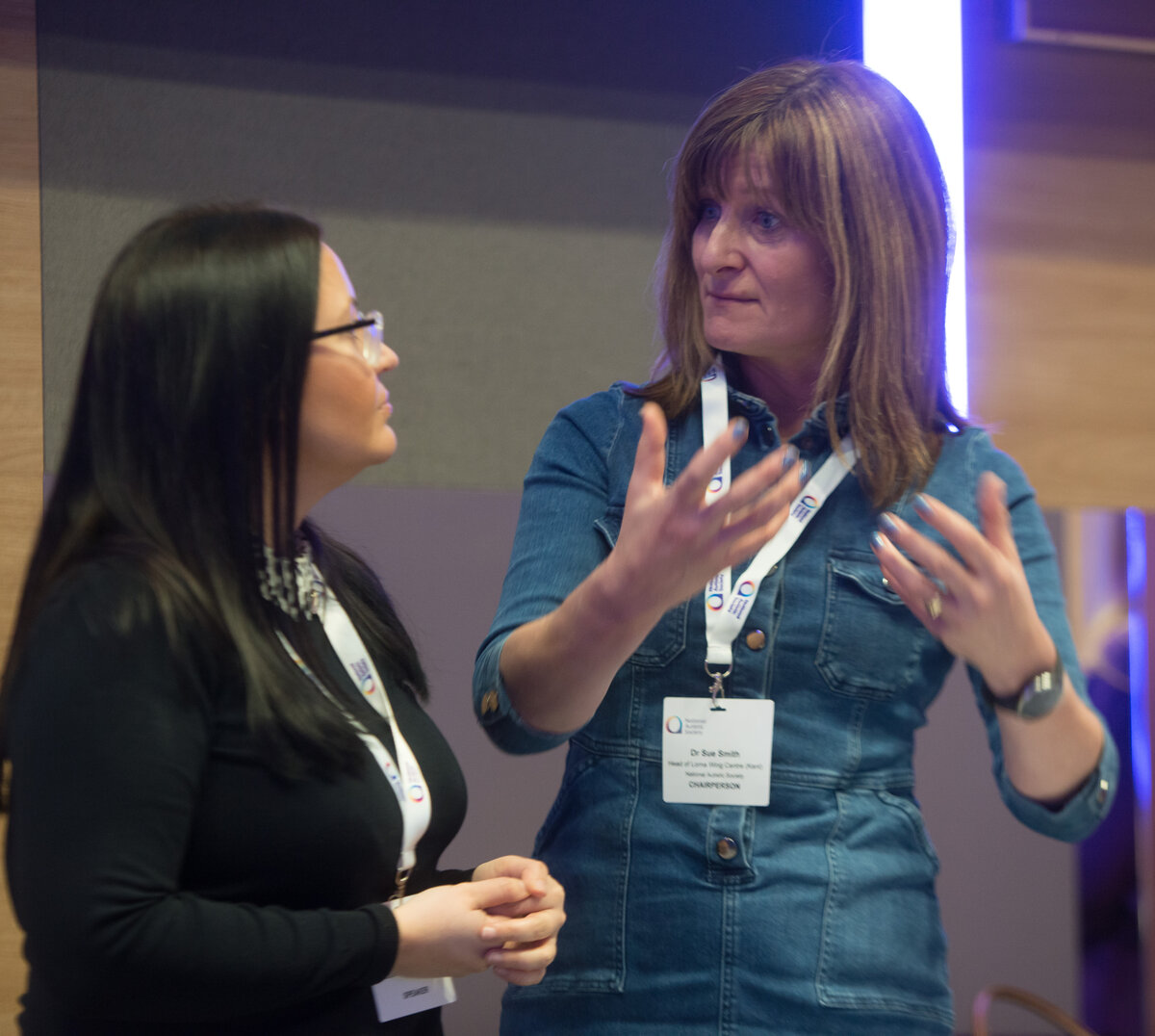Involving African families in the education of their autistic children
Published on 04 April 2016
Author: Olatokunbo Bankole
Olatokunbo Bankole, Special Educational Needs Advisor for Autism PIN, explores how to support African and BME families with autistic children in the education system, highlighting a need to be aware of cultural differences, working in partnership and the importance of play.
For the last 12 years I have been working with families who have children with autism, and I do a lot of work with African families as I still believe that there is stigma attached to having a child with autism within African families.
As a parent myself and from African origin, I can relate to these parents as we want our children to thrive and achieve. When parents hear that their child has a disability which may be autism, it might take a while before they accept it and it can be really upsetting time for parents.
It is not that these families do not want the support that schools and professionals are offering but they are scared of the label, the stigma, and of family members and friends knowing that their child has autism.
I have met and worked with many black and minority ethnic (BME) families. Unfortunately, some of these families still have little understanding of autism. Indeed, some believe that autism is a result of such things as poor parenting, neglect, adultery or witchcraft. Being of African origin myself, I can relate to where these views are coming from.
I was born here but was taken back to Nigeria when I was just 5 years old and that was where I was educated. I didn't realise how clueless I was about autism until I started working with families who have children with autism and other disabilities in 2004.
To engage African families in their child’s education it is vital to consider the following:
Differing education systems
The parents need to be aware of the education system in the UK to avoid misunderstanding, especially when they have just arrived from an African country. For example, in Nigeria when a child or young person is not doing well in their studies in primary or secondary school, they will need to repeat the year as they are unable move to the next class until they pass. In the UK transition to the next year depends on the child’s age. This can cause confusion. If a child has been moved to the next year, why will a parent believe that their child has additional needs?
Cultural awareness
Professionals need to familiarise themselves with different African cultures before meeting parents, to encourage better understanding of African families. Try to learn as much as you can about the culture of the people you are supporting - what is acceptable in some cultures might not been acceptable in another.
I remember when my brother-in-law came from Nigeria and he was speaking to my daughter, he said she was rude because she was looking at him while he was talking. It is considered rude when an elderly person is talking to someone younger and they are looking at them directly. My daughter had to enlighten him that in the UK, when you are talking to someone no matter what their age is, you need to look at them.
There are certain cultural reasons that might be behind difficulties perceived to be related to autism. For example there are some specific foods that need to be eaten by hand, therefore if a child can’t use cutlery, it is important to speak to parents first as this might be because the child is not used to it. Don’t refer to an Occupational Therapist straight away assuming that the child has sensory needs, is a fussy eater or might have fine motor difficulties, as this might cause a conflict between professionals and families.
The importance of play
It is easier for us as professionals to tell parents to play with their children. However, what one parent might think of as play time might be completely different from another. If a parent was not shown how to play when they were younger, how are they going to know how to play with their children? It can often be the case that providing 3 square meals, shelter and clothing is deemed more important to some families than playing and therefore playing is missed. A lot of African families came to this country to better themselves, and this involves working. Therefore parents might need to be shown how to play with their children by being invited to their child’s class and seeing how support staff play with their children.
Support systems
Try to set up a befriending scheme e.g. connecting a new family to the UK with one that has gone through a similar situation. If possible, a family from the same culture will help to prevent isolation. A parent once told me that it was not that they did not want to attend coffee mornings/support groups, but they were scared that people would be laughing at them while speaking in English as this was not their first language.
Working in partnership
There should be consistency in any activity that the child might be doing in school being replicated at home - this will help the child to thrive and reach their potentials. The role of professionals should be explained in detail as a lack of knowledge might cause confusion with parents.
An African proverb says ‘people don't care how much you know until they know you care’. If professionals show some understanding about a family’s culture then parents will warm towards them, and feel more comfortable to work in partnership in order to help their children. It is therefore vital to work in partnership with the parents so that their children can reach their full potential.













